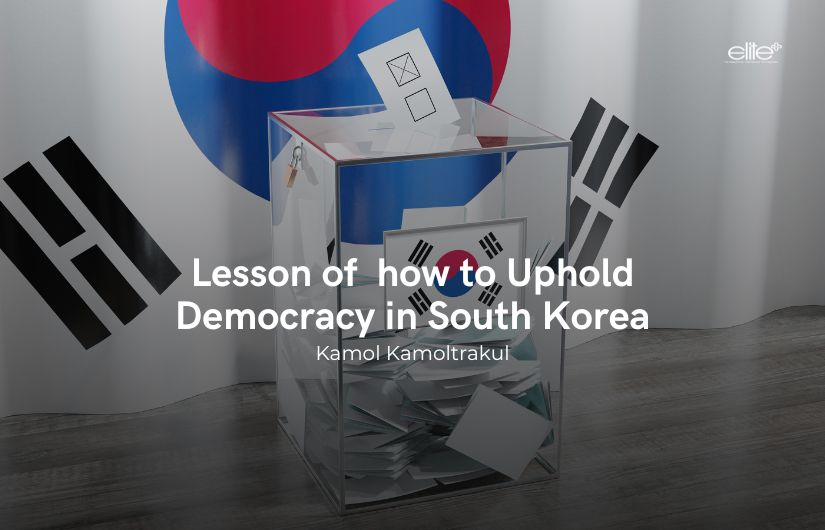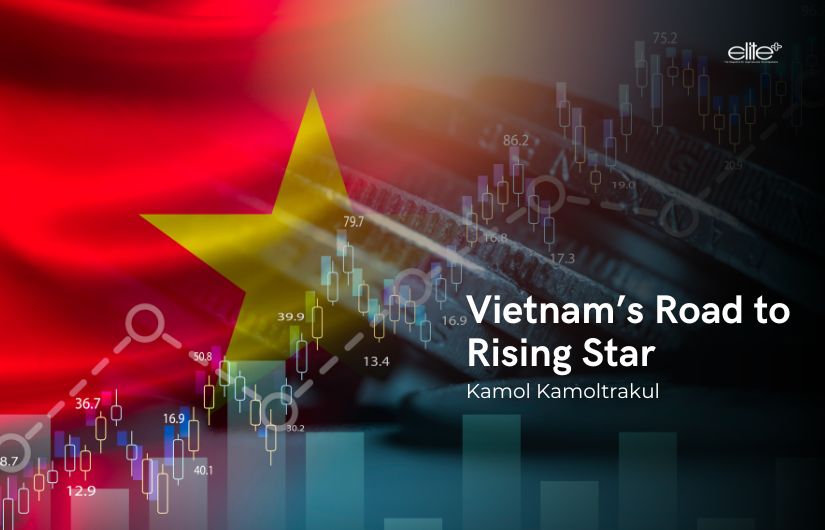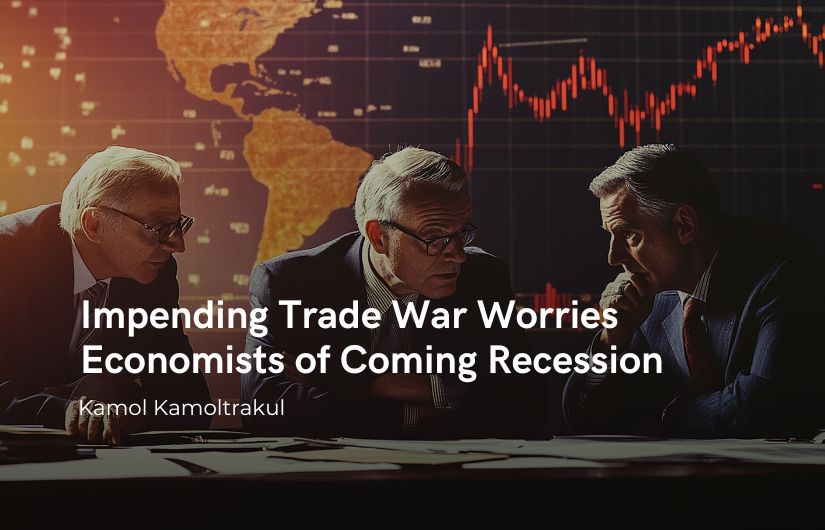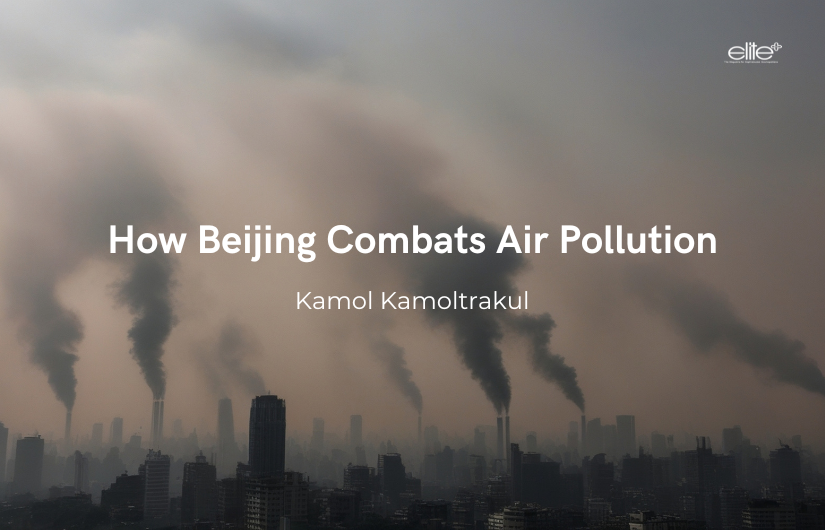Singapore’s Reaction to the Budding Trade War
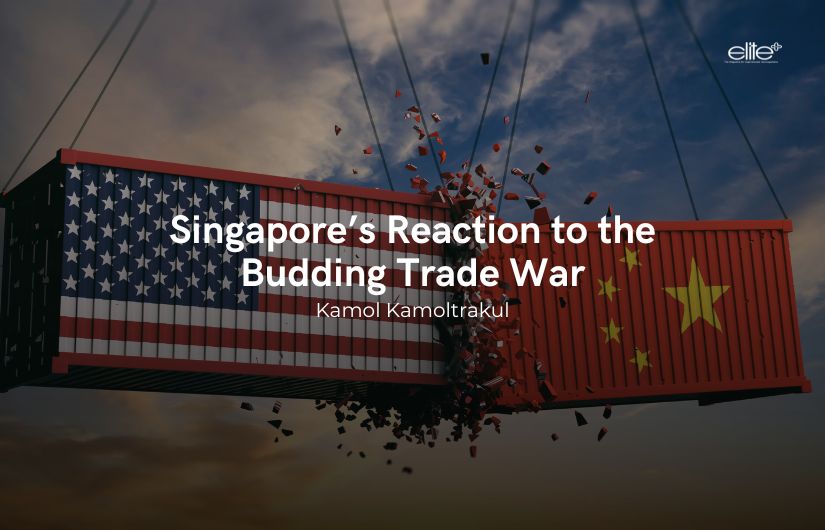
It is uncertain how the US tarriffs will affect Singapore, the richest Southeast Asian nation. It's GDP grew by 4.4% in 2024, the fastest growth since 2021, while its GDP per Capita reached USD 90,689.000 last December, compared with USD 85,392.000 for the previous year, as reported by the Word Bank. This was driven by strong performance in wholesale trade, finance, insurance and manufacturing with growth exceeding both government estimates and economic forecasts.
However, US tariffs mark a turning point for Singapore, thrusting it into a world where global trade is no longer a rising tide that lifts all boats. The implications extend beyond economics, challenging the nation’s identity as a global connector, said Prime Minister Lawrence Wong.
He said the world is currently going through profound change with the imposition of tariffs by US President Donald Trump kicking off a “full-blown trade war” with China. He went on to say, “It has grown increasingly uncertain and dangerous, especially for small countries like ours. The conditions that underpinned our survival, security and success are coming apart.”
Moreover, Deputy Prime Minister and Minister of Trade Gan Kim Yong said at a press conference that companies in Singapore have already been affected by the US-China trade war and warned of further global economic impact if Trump were to put additional tariffs on the semiconductor and pharmaceutical industries. He also explained that given potential downside risks, Singapore cannot rule out the possibility of a recession this year.
It is for this reason that Prime Minister Wong has called for a General Election. Singaporeans will head to the polls on 3 May. The PM said, “It is at this critical juncture that Singaporeans must decide on the team to lead our nation and to chart our way forward together.”
Hence, President Tharman Shanmugaratnam dissolved the Singaporean parliament on Tuesday, 15 April, setting the stage for a general election as the prime minister prepares to seek a mandate with the people’s cost of living concerns.
Singapore's wealth is a result of several factors, including its political stability, strategic location, strong governance and proactive economic policies. It has transformed from a small, resource-scarce island nation into a global financial and trading hub through careful planning, open-door policies and investments in infrastructure and education. Singapore's position at the crossroads of major shipping routes in Southeast Asia has been a key advantage, making it a crucial logistics and trading centre, which has facilitated international trade and investment.
The strong and pragmatic leadership of Lee Kuan Yew, Singapore's first prime minister, played a pivotal role in shaping the country's economic policies. He prioritised stability, sound financial management and a business-friendly environment to attract foreign investment. His open-door policies let Singapore embrace globalisation by welcoming foreign investment and trade, creating a dynamic economy open to international competition. In addition, the government has invested heavily in infrastructure: ports, airports and transportation; education to create a skilled workforce and economic activities that have advanced the city-state’s development. Singapore has a reputation for careful budgeting and spending to maintain a strong fiscal position and avoid excessive debt.
While embracing free market principles, the Singaporean government also plays a significant role through state-owned enterprises and sovereign wealth funds such as Temasek Holdings, which invests in key sectors of the economy. Not only that, Singapore's low taxes, few capital restrictions and a stable political environment have made it a highly attractive destination for both local and international investors.
However, while some claim there is no need to “overreact” to the global instability brought by the US tariffs, that is not the way the People’s Action Party (PAP) sees it, said Prime Minister Wong recently. He continued, “Some want to make light of the situation, claiming there is no need to overreact,” when unveiling the PAP’s campaign manifesto for the 3 May polls.
He further explained, “We will always be upfront and transparent in highlighting the challenges ahead and will never gamble with the future of Singapore and Singaporeans. How we navigate through these turbulent times will determine our country’s and children's future.”
Singapore imposes no tariffs on US products under the US-Singapore Free Trade Agreement (USSFTA). It also imports more from the US than it exports. In that light, goods exported to the US from Singapore appear to be subject to the minimum 10% tariffs being imposed by Mr Trump, which took effect on 5 April 5. Singapore has for now avoided reciprocal tariffs which were to hit its neighbours, but have now been postponed for three months. The tariffs on Cambodia were to be the highest at 49%, followed by Vietnam at 46%, Thailand at 36%, Indonesia and Taiwan at 32% each, Malaysia at 24% and the Philippines at 17%. One major way Singapore could suffer would be from much fewer investors setting up their headquarters here as the region’s attractiveness wanes under further pressure, resulting in missed opportunities for growth and jobs.
Due to the political stability in Singapore, compared to its neighbours, with its visionary, honest and competent politicians, they have been planning to meet the new challenges over the nest 20 years.
This was confirmed by Prime Mister Wong at a press conference where he said how the upcoming election carries far greater stakes, and it cannot be politics as usual.
“History has rarely been kind to small states. I said at the start that we have been lucky so far; that what we have today is nothing short of a miracle. How long can this miracle last? Especially as the world turns more dangerous and hostile? Frankly, no one can tell. But you have my word – the PAP will do everything we can to keep this miracle going for as long as possible.”
Mr Wong promised that the party will step up with “new resolve” and fight harder to protect what Singapore has, as well as build what the nation needs. This includes growing a vibrant economy with good jobs, strengthening the education system, ensuring affordable and quality homes, and empowering Singaporeans to stay healthy and age with dignity, he said.
“Singapore will also build a greener, more sustainable city and make sports, the arts and culture more accessible for all. We will build a society where there is respect for all, and everyone is valued for who they are.”
Concluding his address, Mr Wong said: “In this changed world, the PAP offers a fresh team, with a new resolve. This manifesto is our promise to all Singaporeans. It reflects your hopes, your concerns and your aspirations. It reflects our commitment: to keep Singapore strong, stable and united.”
He also promised that while the world has changed, the PAP will stay true to its founding values: incorruptibility, meritocracy, multi-racialism, justice and equality. “We will always put Singaporeans at the centre of all we do. We will serve you, support you and stand with you.”
This vision is a reflection of Singapore’s preparation for future economic challenges, including potential job losses and slower growth, following the US imposition of a 10% tariff on imports. It is a role model that other leaders may want to follow.

Kamol Kamoltrakul 18 Posts
Visiting lecturer: Navy Academy Institution, NIDA, School of Governor, Ministry of Interior, Chulalongkorn University, Former Lecturer, ABAC Honorary Advisor Trade and Industry Committee Senate. Senior advisor, Standing Committee on Finance and Banking, The House of Representative. Former Advisor to the Minister of Interior Board Member of ThaiPBS Board Member Of Thai Consumer Council Columnist : Prachachart Business Weekly, Matichon Weekly, Khom Chad Luke Daily Former Program Director Asian Forum for Human Rights and Development ( FORUM-ASIA).



